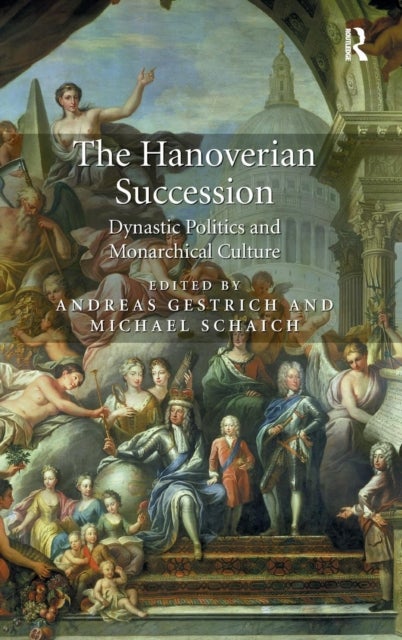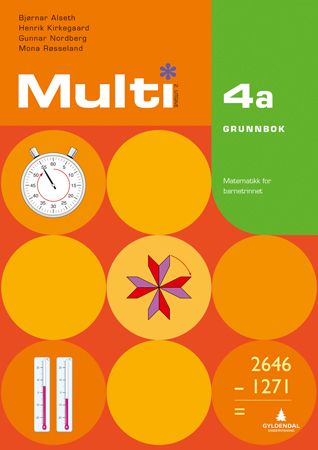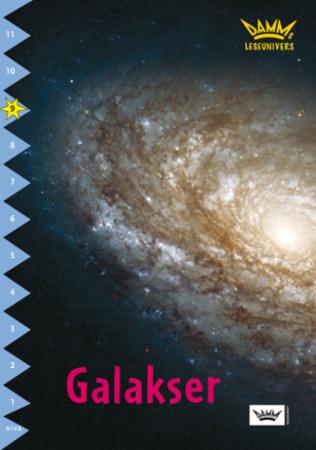
The Hanoverian Succession av Andreas Gestrich, Michael Schaich
1699,-
The Hanoverian succession of 1714 brought about a 123-year union between Britain and the German electorate of Hanover, ushering in a distinct new period in British history. Under the four Georges and William IV Britain became arguably the most powerful nation in the world with a growing colonial Empire, a muscular economy and an effervescent artistic, social and scientific culture. And yet history has not tended to be kind to the Hanoverians, frequently portraying them as petty-minded and boring monarchs presiding over a dull and inconsequential court, merely the puppets of parliament and powerful ministers. In order both to explain and to challenge such a paradox, this collection looks afresh at the Georgian monarchs and their role, influence and legacy within Britain, Hanover and beyond. Concentrating on the self-representation and the perception of the Hanoverians in their various dominions, each chapter shines new light on important topics: from rivalling concepts of monarchical le








